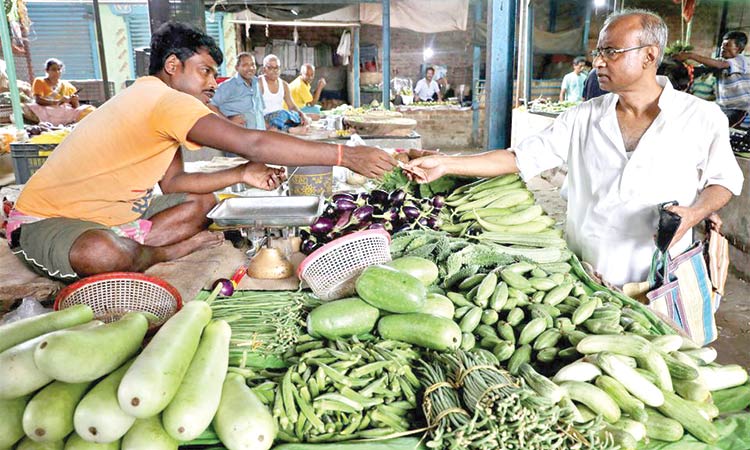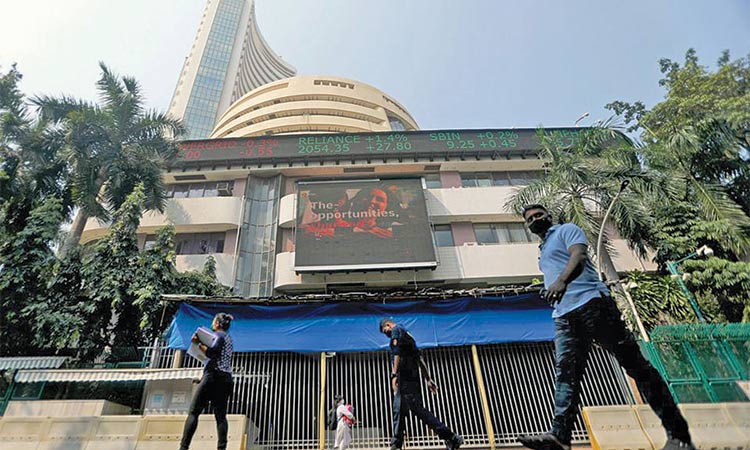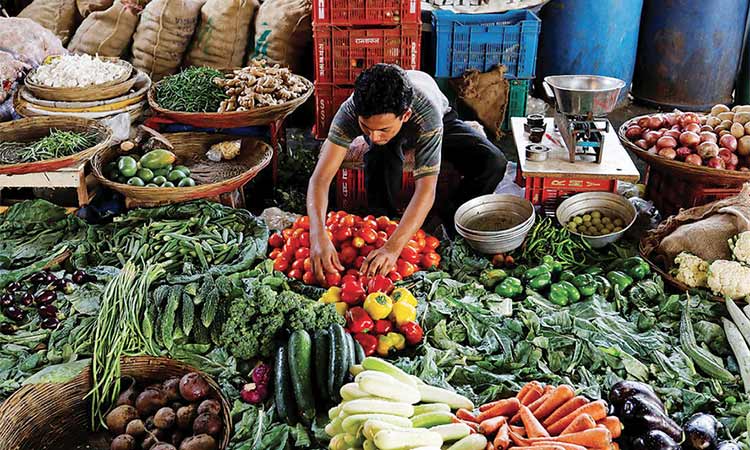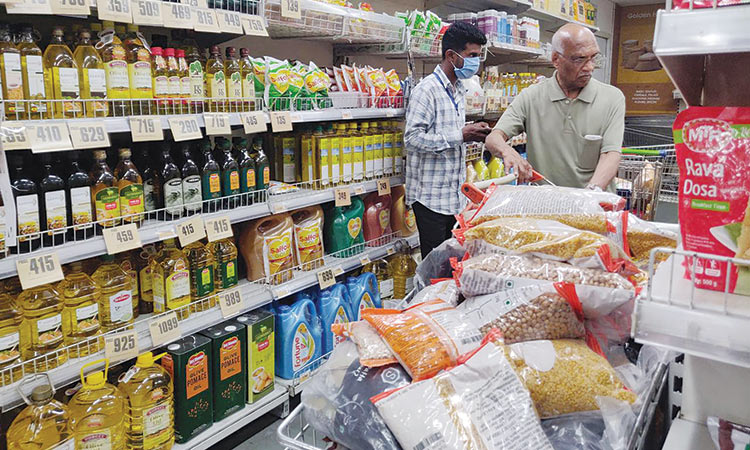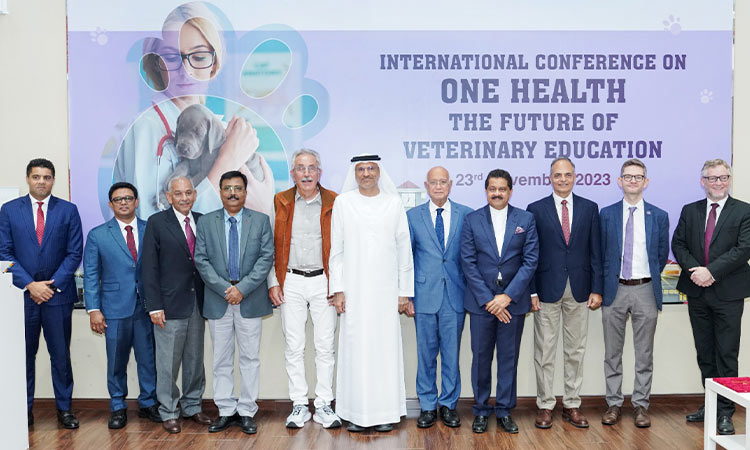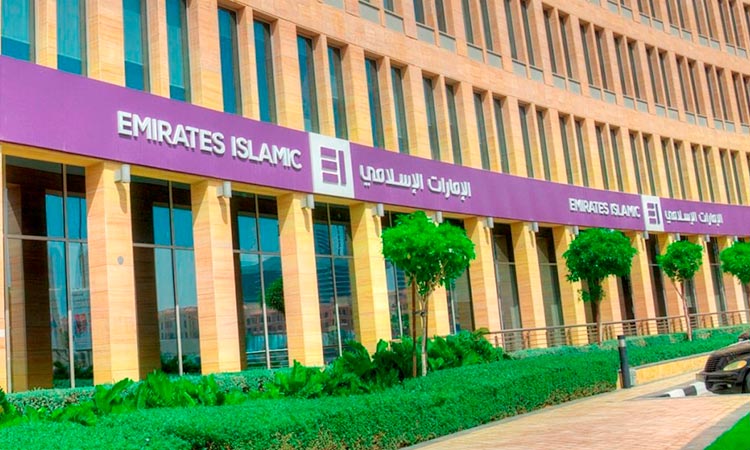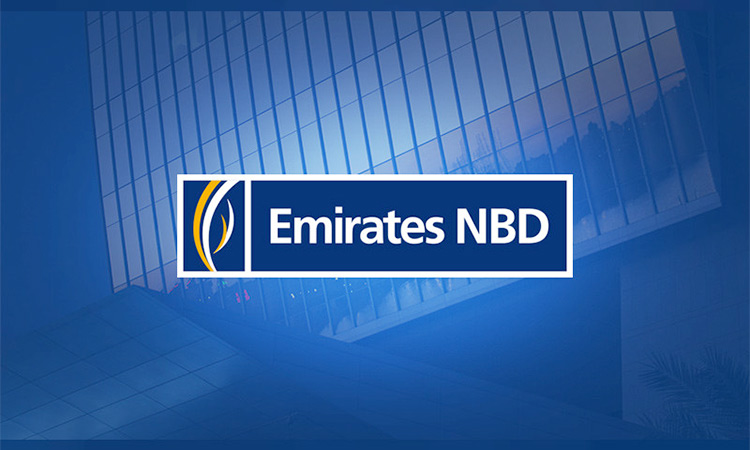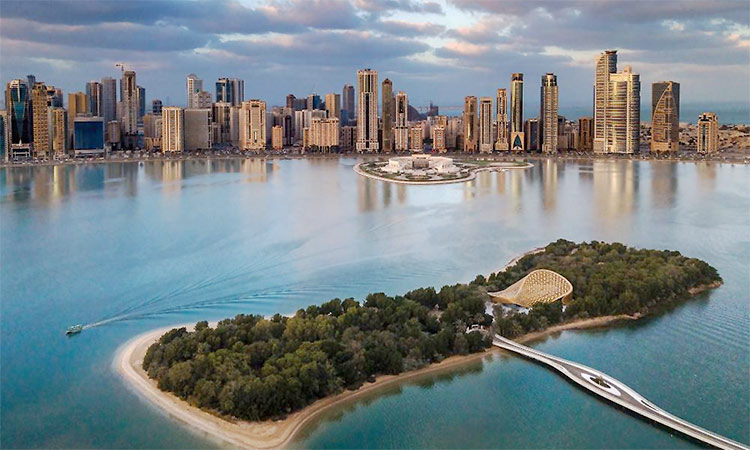India considering $26b additional spending to counter inflation
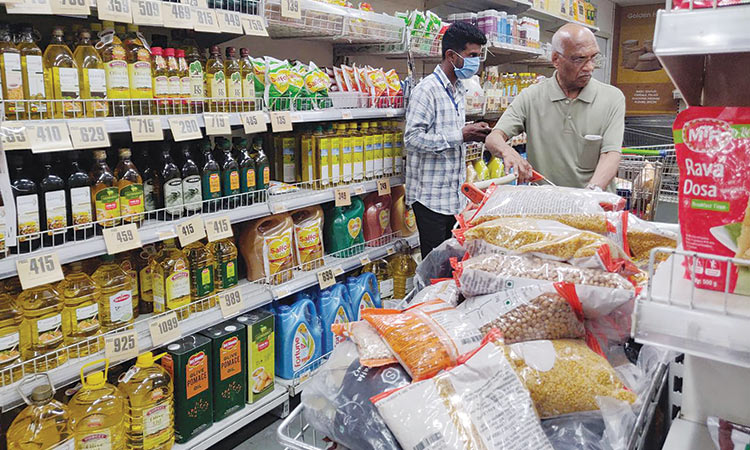
The photo has been used for illustrative purpose.
The new measures will be double the 1 trillion rupees hit government revenues could take from tax cuts on petrol and diesel the finance minister announced on Saturday, both the officials said.
India’s retail inflation rose to an eight-year high in April, while wholesale inflation rose to at least a 17-year high, posing a major headache for Prime Minister Narendra Modi’s government ahead of elections to several state assemblies this year.
“We are fully focussed on bringing down inflation. The impact of Ukraine crisis was worse than anyone’s imagination,” one official, who did not want to be named, said.
The government estimates another 500 billion Indian rupees additional funds will be needed to subsidise fertilisers, from the current estimate of 2.15 trillion rupees, the two officials said.
The government could also deliver another round of tax cuts on petrol and diesel if crude oil continues to rise that could mean an added hit of 1 trillion-1.5 trillion rupees in the 2022/23 fiscal year started on April 1, the second official said.
Both the officials did not want to be named as they are not authorised to disclose the details.
The government did not immediately comment outside office hours.
One of the officials said the government may need to borrow additional sums from the market to fund these measures and that could mean a slippage from the its deficit target of 6.4% of GDP for 2022-23.
The official did not quantify the amount of borrowing or fiscal slippage saying it depended on how much funds they eventually divert from the budget in the fiscal year.
The Indian government plans to borrow a record 14.31 trillion rupees in the current fiscal year, according to budget announcements made in February.
The other official said the additional borrowing will not impact the planned April-September borrowing of 8.45 trillion rupees and may be undertaken in January-March 2023.
Steelmakers face a hit: Indian steel firms could be forced to cancel European orders and suffer losses after an overnight decision to impose export taxes on steel products, V R Sharma, managing director at Jindal Steel and Power told Reuters.
India imposed an export tax of 15% on eight steel products late on Saturday, at a time steelmakers are looking to make up for tepid local demand by increasing market share in Europe, whose supplies have been hit by Russia’s invasion of Ukraine.
“They should have given us at least 2-3 months of time, we did not know about such a substantial policy,” Sharma told Reuters in an interview.
Sharma said Indian steelmakers have about 2 million tonnes in pending export orders, mostly to Europe, which are stuck in ports or in various stages of production.
“This could possibly lead to force majeures. And the customer has done no wrong here and he doesn’t deserve to be treated that way,” he said.
Russia and Ukraine exported 46.7 million tonnes in 2020, mostly to the European Union, the world’s second biggest importer of steel, according to the World Steel Association.
The decision could raise industry costs by as much as $300 million, he said.
“We alone have 260,000 tonnes of orders, which were taken when export duty was zero,” Sharma said.
JSPL, India’s fifth largest crude steel producer which competes with Tata Steel, JSW Steel, SAIL and ArcelorMittal Nippon Steel India, was targeting boosting its exports to up to 40% of sales, mostly to Europe.
The export taxes on steel where part of a series of changes to taxes on crucial commodities aimed at reining in retail inflation, which has hit eight-year highs.
A removal of import duties on coking coal, PCI coal and anthracite and imposing an export tax on iron ore, all key raw materials used in steelmaking, might not be enough to soften the blow to exports, Sharma said.
“Coking coal prices are still very high,” he said, adding that the export tax would benefit local carmakers and others heavy engineering industries.
Paytm Payments Bank: India’s Paytm Payments Bank, which facilitates transactions on mobile commerce platform Paytm, expects the central bank to allow it to resume taking on new customers in the next few months, a top executive told Reuters.
In March, the Reserve Bank of india ordered a comprehensive audit of the company’s IT systems, citing “material” supervisory concerns, without elaborating further, and barring it from taking on new customers.
The bank is working with the RBI to complete the IT audit and address the regulator’s concerns.
“The process is underway and we think it should take three to five months from where we are right now,” Madhur Deora, group chief financial officer, Paytm, told Reuters on Sunday.
